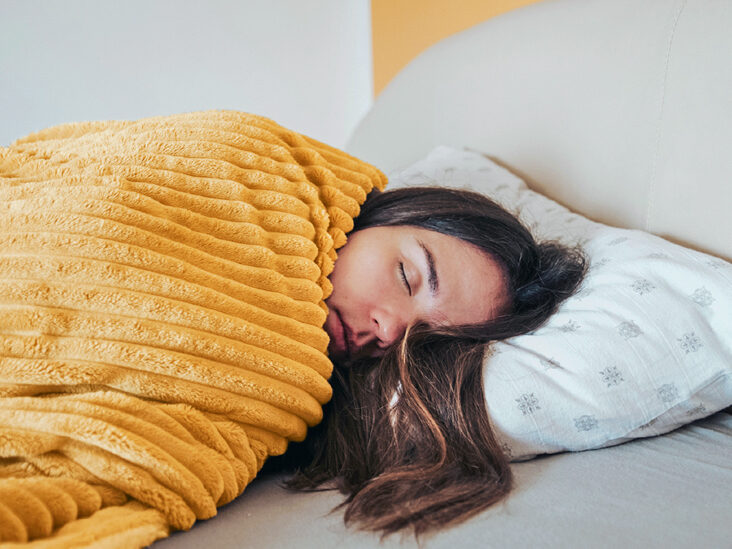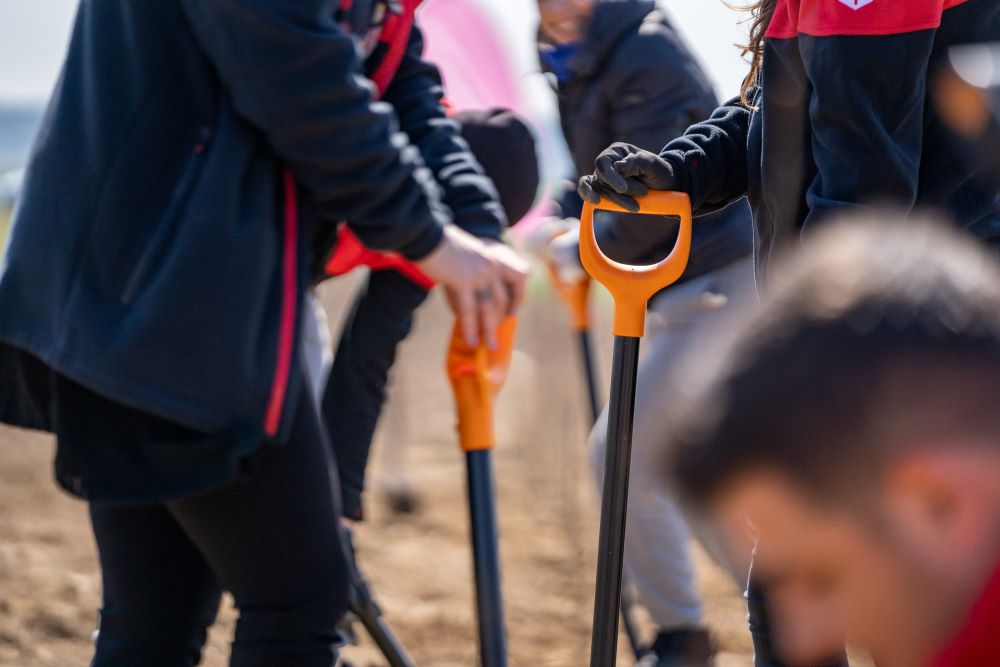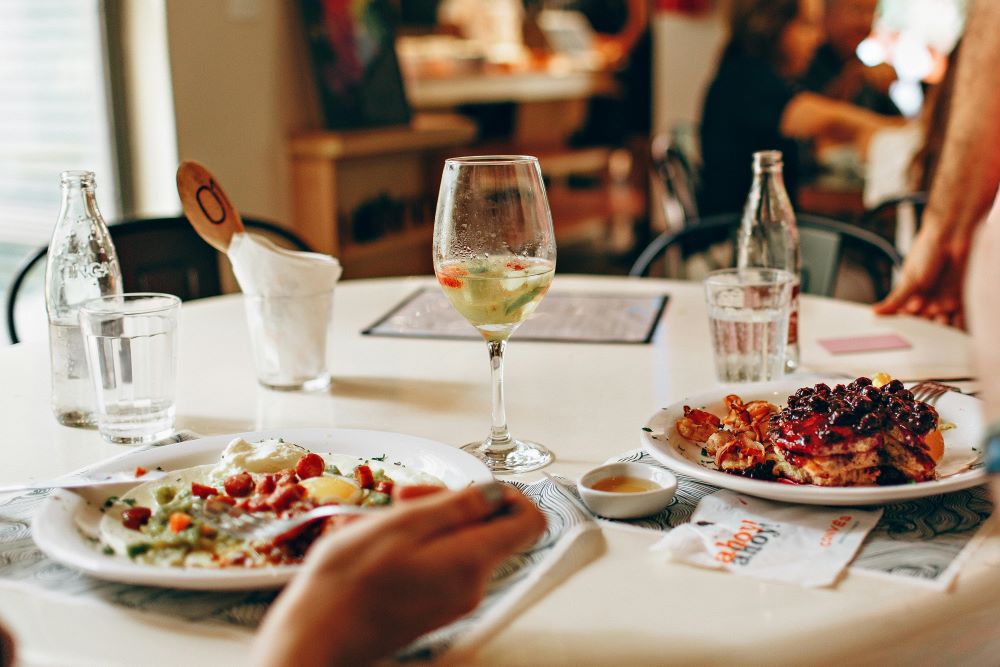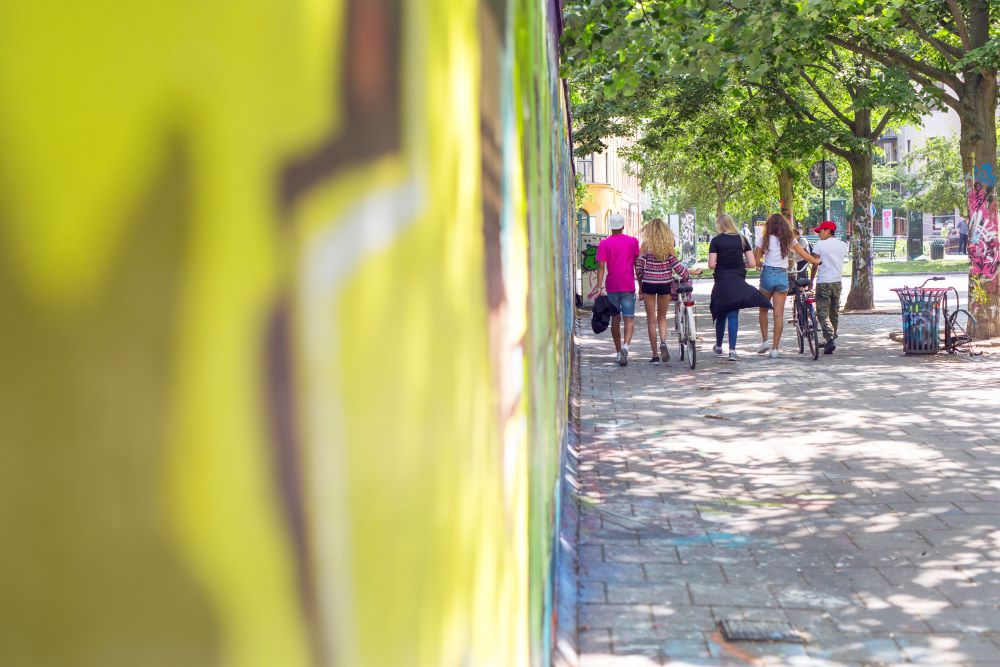Why You Stay Up So Late when you know you should not.
Sleep. We seem to never get enough of it as we grow into our adult selves. But have you stepped back and wonder why? Why is it all of the things you try to help you get better sleep are not working? Well, we are going to help you take a deeper look into the dream world and why you stay up so late when it’s sometimes not on purpose or even when you know better.
Sleep in itself is science not all of us understand and some might never, but at least we can say there are ways to help. What do you procrastinate sleep? Or can your brain just not shut off? What are those ways? Well, take a look!
What is Sleep Procrastination?
The idea of sleep procrastination was first introduced in a 2014 study from the Netherlands, defining the act simply as “failing to go to bed at the intended time, while no external circumstances prevent a person from doing so.” Revenge was added to the title in 2020 with the onset of the pandemic, but as a concept, it has actually been around for much longer. According to Alessandra Edwards, a performance expert, revenge bedtime procrastination is quite common in people who feel they don’t have control over their time (such as those in high-stress occupations) and are looking for a way to regain some personal time, even if it means staying up too late.
“When it comes to the evening, they categorically refuse to go to bed early, at a time they know will suit them best and enable them to get adequate restorative sleep and feel better,” explains Edwards. “Nevertheless there is a sense of retaliation against life, so there is an idea of revenge to stay awake and do whatever fills their bucket.”

Marko Klaric/EyeEm/Getty Images
Your Personality May Contribute to Insufficient Sleep
Behavioral scientist Floor Kroese, an assistant professor in Health Psychology at Utrecht University and lead author on the study that first introduced bedtime procrastination, notes that there is also a link between procrastinating in daily life and sleep procrastination.
“An interesting difference may be that people typically procrastinate on tasks they find aversive—housework, homework, boring tasks—while sleeping for most people is not aversive at all,” says Kroese. “It might be the bedtime routines that precede going to bed that people dislike or just that they do not like quitting whatever they were doing.”
Power-Down Hour’ Can Reduce Sleep Procrastination
Breus studies the science of helping people sleep, and he helps patients with a technique he calls the “Power-Down Hour.” Featured in his first book, Good Night: The Sleep Doctor’s 4-Week Program to Better Sleep and Better Health, it is a strategy to slow your mind down while getting you to step away from technology and address daily procrastination (that could lead to sleep procrastination).
The Power-Down Hour is composed of three 20-minute segments:
The first 20 minutes are dedicated to things that need to be done. The second 20 minutes are set aside for hygiene (such as a hot bath).
The final 20 minutes are for relaxation (such as meditation, prayer, or journaling).
The order of each segment is what Breus claims is “the secret ingredient.” With this technique, you are not only addressing specific behaviors of self-regulation; you are also considering the thoughts and feelings element. While this may seem like a simple solution for those of us who find ourselves scrolling late into the night, Breus acknowledges that there is an added element of FOMO, due in part to the pandemic, making the Power-Down Hour seem a bit more daunting.
“I understand that people are not having any real alone time right now, and that scrolling on your phone is fun, but you lose track of time,” says Breus. “My big question is: If you want some ‘me time, why not schedule it? If you just can’t figure that out, set a timer and give yourself a pattern interrupt. When the timer goes off, go brush your teeth, come back, and—if you just have to scroll—set it for 15 minutes and try again.”
Breus’s Power-Down Hour is in line with others’ findings, Kroese says a specific if-then plan (“If it is 11 pm, then I will go upstairs to brush my teeth”) and sleep hygiene habits, “such as making sure to end your day with relaxing activities, dimming the light, and keeping your bedroom distraction-free,” is a promising strategy for those who are experiencing bedtime procrastination due to self-regulation issues.
By breaking up the last hour before you want to be asleep, you are not only enacting a clear plan but also addressing any tasks you may have missed or pushed. You’re taking charge of your health with a routine and managing any potentially suppressed emotions from the day. And all of this is to get ample rest and tackle the next day head-on (no revenge needed).
Park Ave Magazine
Find out about Orlando Advertising opportunities with Park Ave Magazine. We would like to thank everyone who put time and effort to bring Park Ave Magazine to life. Be sure to check out our latest issue. The magazine is full of exciting articles, art, photography, and trivia about the city of Winter Park.n
With plenty more monthly releases to come be sure to sign up for our newsletter and stay in the loop with our team. Monthly events and parties to meet all of you wonderful people make Winter Park an incredible place to work, play, and live. Reach over 600,000 individuals through our Orlando Advertising services. Park Ave Magazine has gone virtual so be sure to back soon and often!




